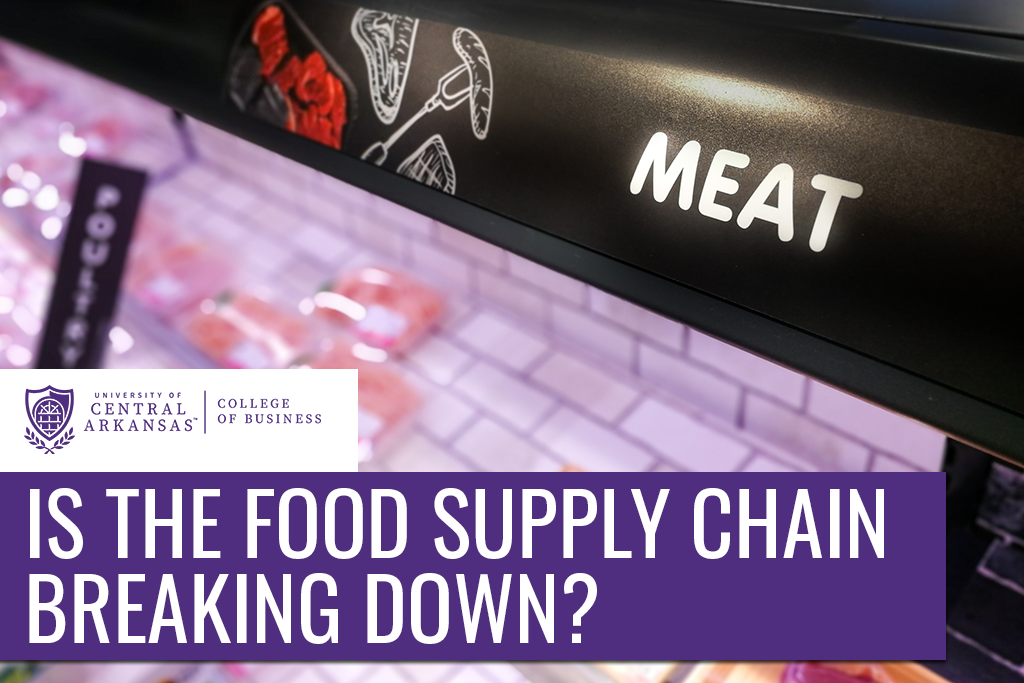
Claire Gunter Coon
Major: Logistics & Supply Chain Management, Minor: Economics
Graduated December 2023
Activities:
• COB Student Ambassador, 2 years
• President of BASCOM – Bears Advancing Supply Chain & Operations Management
• Peer Notetaker with the Disability Resource Center
• Rising Star Faculty-Student Mentor Program
• ACRE reading group for 2 semesters
• ACRE Undergraduate Research Fellow 2023
• 8 month operations internship
Why did you choose your major?
My initial attraction to the business world was and still is the direct, real world applications of the field. From my first two classes in business, microeconomics and the global environment of business, I was able to take things out of class and straight away use them to better understand everyday events in my life. [Read more…]


